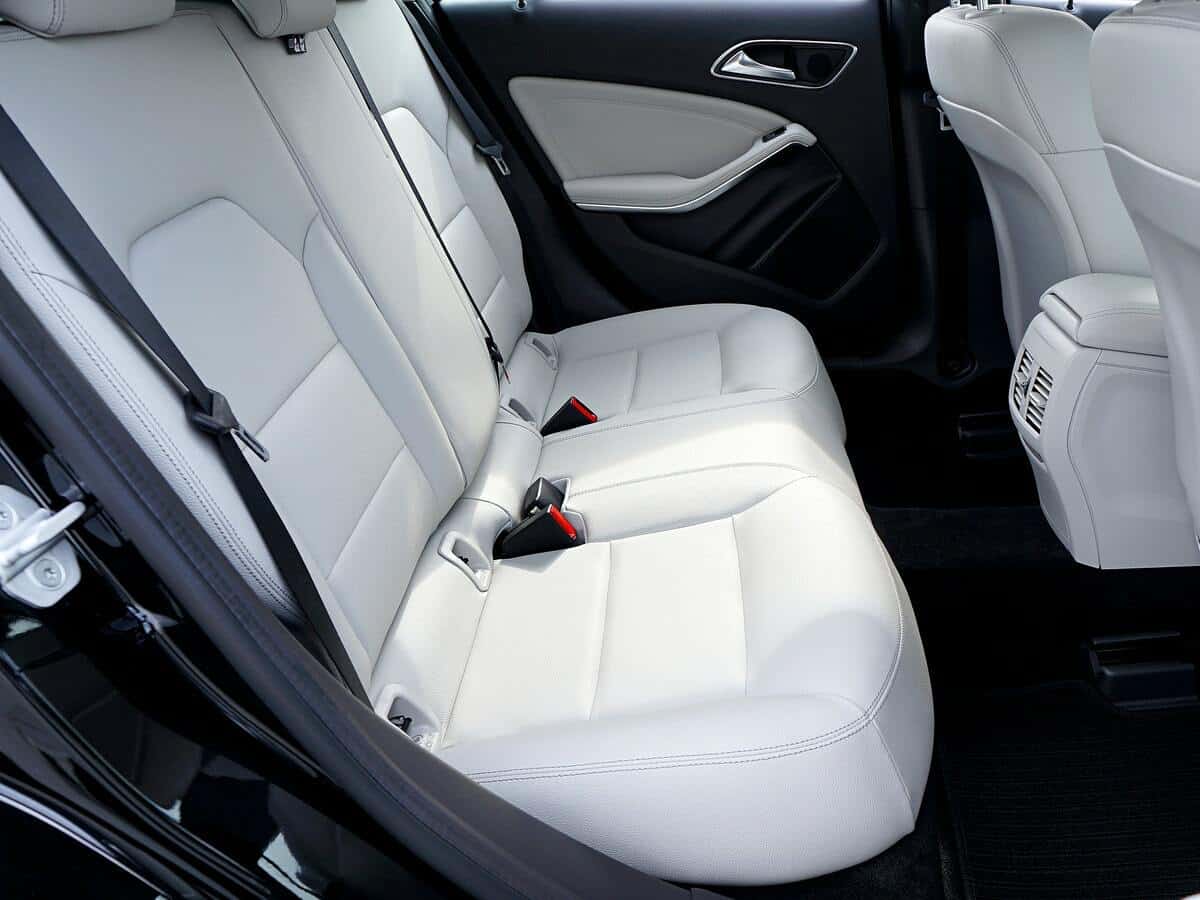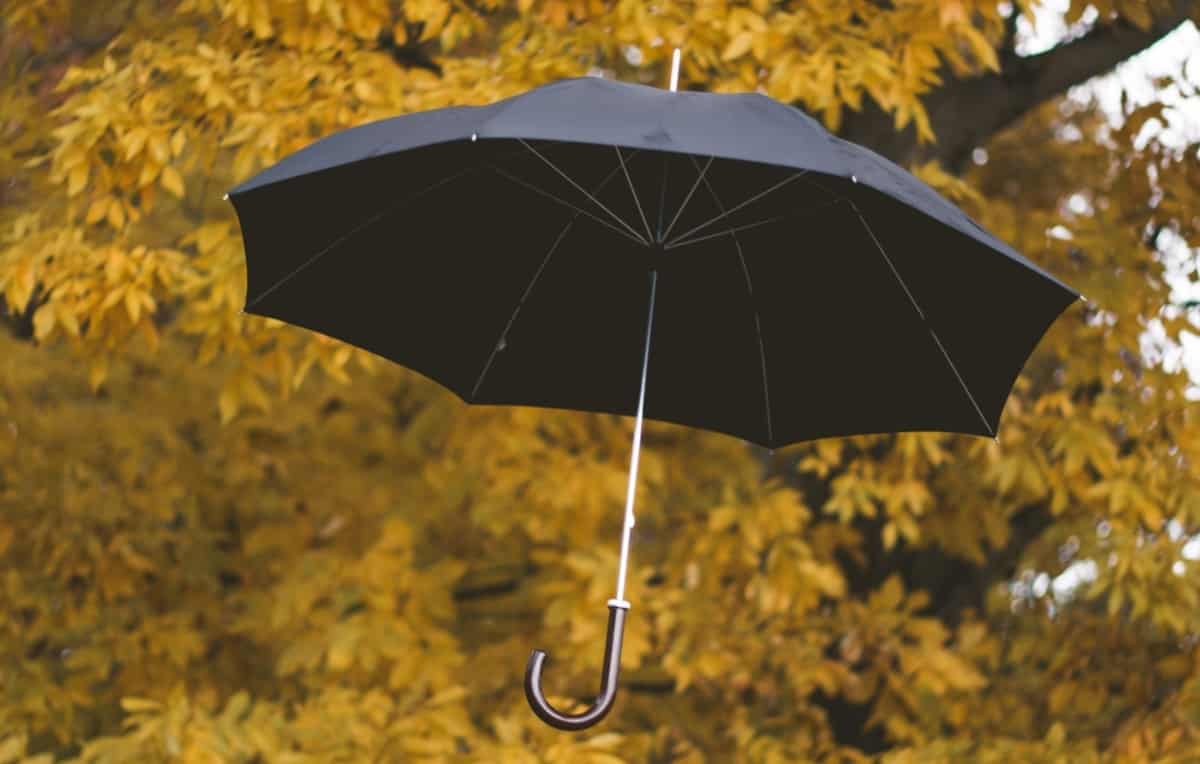Compared to all the other things you purchase, insurance coverage is an unusual expense. Your insurance policies don’t deliver tangible benefits like a new car, a surround sound system, or a pool in the backyard. What insurance does provide is peace of mind, which in many ways is far more valuable than the various items you use in everyday life. If you’re asking yourself “what does an umbrella policy cover” then you’ve come to the right place.
Insurance protects your financial health in the event an unexpected issue arises. Having that coverage in place means you and your family will navigate various scenarios without losing a significant chunk of your income, savings, or other assets. As with all insurance, once you’ve chosen the right policy and coverage levels, the hope is that you never need to call those benefits into action.
Insurance is odd in the sense that it’s an investment that you hope to never use. It’s also an investment that many people deeply regret not making if an unexpected accident occurs.
What Is Umbrella Insurance?
Before we dive into what does an umbrella policy cover, let’s review what this coverage is.
Umbrella insurance, sometimes referred to as personal liability insurance, is a type of coverage that seeks to fill in any gaps in your other insurance policies. The name is apt, because an umbrella insurance policy delivers protection, just like an umbrella keeps you dry in a rainstorm.
Nobody is perfect, and accidents happen. At the same time, in today’s society, litigation is a real risk. Even a seemingly minor misstep can snowball into a major lawsuit. If your insurance coverage is not expansive enough to cover all damages, you might find yourself on the hook for paying out the difference.
Umbrella insurance can prevent an unexpected and financially devastating outcome in the event your actions cause harm to an individual or entity. It offers protection against the unpredictable.
Need insurance? Request a free quote from an ONIT Home Insurance Specialist to learn how you can find the right coverage today.

How Does an Umbrella Insurance Policy Work With My Existing Auto Insurance?
If you’re like most Americans, you probably carry a few different insurance policies. Auto insurance is a common type of insurance amongst Americans since it’s a requirement in many states.
Auto insurance will cover damages from an accident. If you are at fault for an accident, your liability coverage will help pay for damage to the other party’s vehicle or injuries the other party sustains during the accident.
If you have full coverage, your auto insurance will cover the cost of repairing or replacing your own vehicle. You might also receive coverage for your own injuries. This can help you get the care you need without facing a staggering pile of medical bills.
The problem arises when the damages caused by an accident add up to more than the amount of your coverage. For example, something as simple as glancing at your phone while driving can lead to an accident that causes serious damage to another vehicle.
Let’s say a car you hit requires $15,000 in repairs. The driver was injured, and her medical bills total $135,000, plus an additional $20,000 in expected physical therapy. Unfortunately, her injuries will prevent her from working for at least six months, so she’ll also lose $50,000 in earnings. That’s a total of $220,000 in damages. If your auto insurance only provides a total of $100,000 in liability coverage, that leaves you on the hook for the remaining $120,000.
For most people, that kind of unexpected expense is enough to create complete financial turmoil. If you cannot pay the damages immediately, you could be subject to payroll garnishment. It can even trigger the need to file a personal bankruptcy case, the ramifications of which can last for years to come.

Would Umbrella Insurance Also Boost My Homeowner’s Policy?
Homeowner’s insurance can help you replace a roof damaged during a hailstorm or water damage brought on by a flood. It also helps cover the cost of damages in the event one of your guests sustains an injury while on your property.
Just like with auto insurance, your homeowner’s policy will clearly outline the maximum coverage provided for personal injury claims. While you may never need to access those benefits, it’s important to understand just how costly an accident might be.
Let’s say you host an end-of-season barbeque for your daughter’s softball team. You have a trampoline in the backyard, but you’ve asked your guests not to use it during the barbeque because of the risk of injury. A few kids end up on the trampoline, and one collides with another and gets bounced to the ground, breaking bones in her arm and ankle.
The resulting medical bills come in approximately $75,000 higher than what your homeowner’s insurance will cover. Additionally, the family is considering a lawsuit to ask for damages related to pain and suffering. Their daughter won’t be able to play softball in the coming season, which could put her chances of a sports scholarship at risk.
In today’s litigious environment, just about anything is possible. An accident on your property could lead to a substantial financial burden, and without umbrella insurance coverage, they could hold you responsible for those costs.

How Much Umbrella Insurance Do I Need?
Your umbrella insurance coverage doesn’t kick in until all other insurance benefits are exhausted. That means your primary auto or homeowner’s policy will cover damages up to the maximum allowed amount. At that point, your umbrella policy kicks in to take care of the rest.
This means umbrella insurance is considerably less expensive than home or auto coverage. Some experts recommend you choose a policy that provides $1 million in coverage. Most umbrella insurance policies will also cover any legal costs associated with an incident.
Some Families Need Umbrella Insurance More Than Others
If you are the parent of a teenager, you are probably well aware of the joys and challenges of that age range. Even the smartest, sweetest, and most well-behaved teens struggle with impulse control and understanding consequences.
Umbrella insurance is a great way to ensure that your family moves through the teenage years without incurring unexpected financial burdens. Some examples of ways a teen could trigger an expensive lawsuit include:
- An auto accident that seriously injures a passenger
- A fight that injures another child
- An unauthorized party while you are out of town
- Damages resulting from failure to secure dangerous yard equipment, like a lawnmower
Kids are unpredictable, but fortunately most young people develop a greater sense of responsibility and caution as they move into adulthood. Umbrella insurance coverage is there to ensure teenage mistakes don’t lead to long-term financial damage.
Don’t Forget To Consider Your Yard
Your home and property could also create risks that require additional insurance coverage. Any land that has a pool or natural water feature increases the risk of drowning. Some pieces of property have hazards like steep drop-offs, old or damaged trees, and unused buildings that are in disrepair. Even older homes have higher risks as opposed to newer construction. Routinely inspect your property for potential hazards. Make sure to address any issues.
What’s Not Covered Under Umbrella Insurance?
Just as important as the question of “what does an umbrella policy cover” is the issue of what umbrella insurance does not cover. As with any insurance product, it’s important to know where the limits lie so you can make an informed decision about your coverage.
Umbrella insurance exists to address unexpected costs associated with harm to others, not your own family or property. That means an auto accident causing injuries to both yourself and the driver of the other vehicle leaves your medical expenses to fall under your own auto and health insurance benefits.
The same goes for property damage. Let’s say one of your child’s friends gets an injury when your backyard jungle gym collapses. Umbrella insurance will cover any of the child’s medical expenses that exceed your homeowner’s policy limits. However, it will not cover the jungle gym itself (although that might be covered under your homeowner’s policy).
Umbrella insurance generally won’t cover damages resulting from criminal acts or breach of contract cases. If you are being sued for an unpaid debt, theft, or any type of financial crime, it is unlikely that any form of insurance can prevent financial ramifications.

How Do I Move Forward With Purchasing an Umbrella Insurance Policy?
Now that you have answers to the question of “what does an umbrella policy cover,” you may want to move forward with having this level of coverage. The team at ONIT Home is here to help walk you through your options. ONIT Home is proud to provide a wide range of insurance products and uses state-of-the-art technology to help you make the most of your coverage.
Reach out today at 1-833-433-0331 to work with an ONIT insurance expert who can assess your existing insurance coverage and fill in any gaps with an umbrella insurance policy.
With ONIT, if you buy a water system, we’ll give you a $2,000 security system for only $1,000. That way, you can protect your family from contaminated water and protect them with a safe home. Additionally, we’re offering a free security and water system for free with the purchase of a solar system. Our customers get $1500 in vouchers to be used with security, water, and solar. Take advantage of this great offer today by calling us at 1-833-433-0331.



